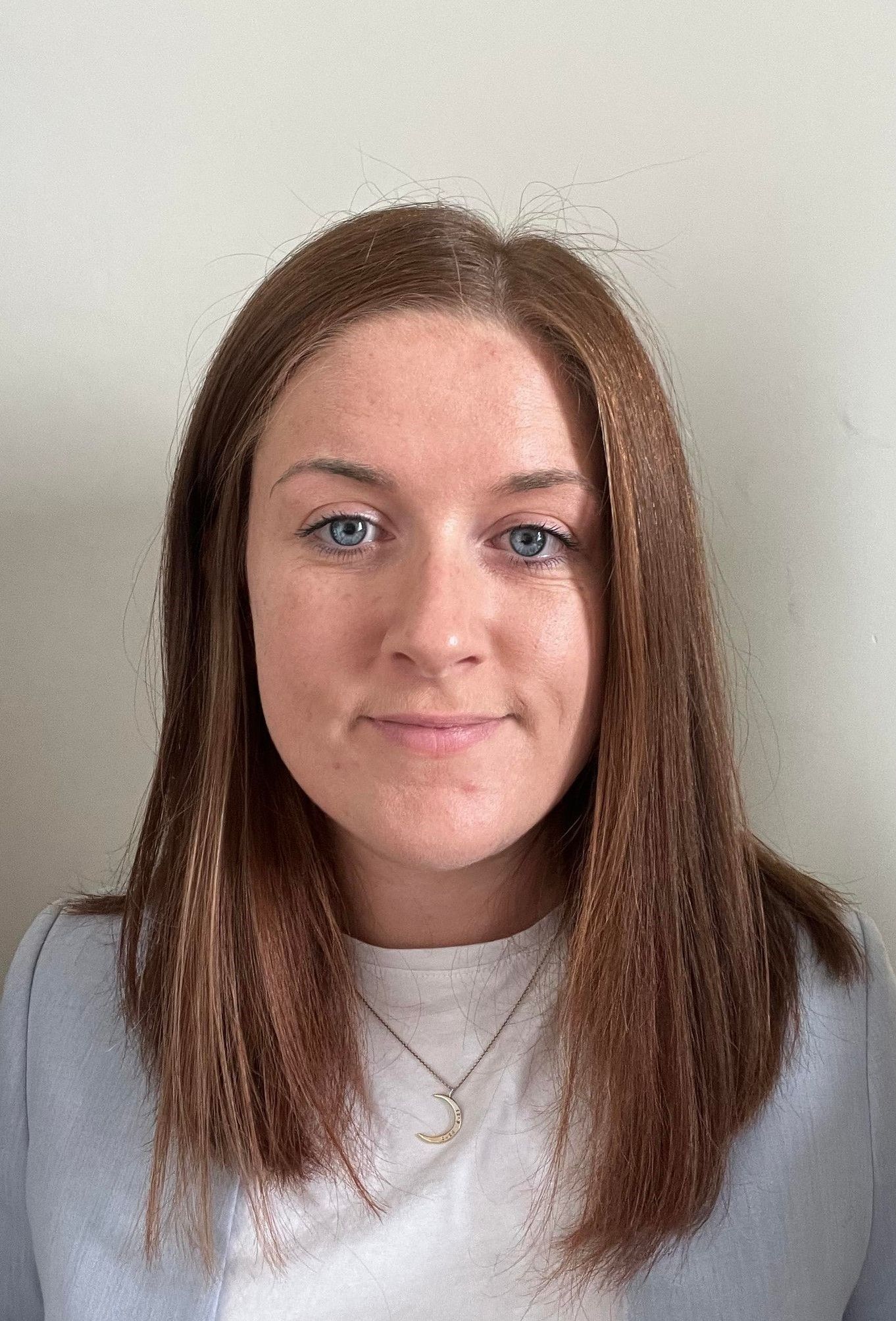
How can we sustain action on tackling health inequalities? Reflections from our national learning event for Core20PLUS Connectors
- The Core20PLUS5 Community Connector Programme
- Health inequalities
- Integrated care
- Lived experience
On Thursday 22 February, I was in the very envious position of chairing the national learning event for the Core20PLUS Connectors programme. For any readers who are not yet familiar, ‘Connectors’ are a group of over 550 inspiring individuals who come from communities that experience health inequalities and who dedicate their time to addressing unfair and avoidable differences in life expectancy, healthcare and health conditions.
Over the past two years, National Voices has been working alongside the programme delivery lead SCW and our friends at the Health Creation Alliance to support the delivery of the programme, which is part of NHS England’s Core20PLUS5 framework to reduce healthcare inequalities.
The scale of the work that is underway is impressive – from initiatives to improve early cancer diagnosis amongst older Asian people in Derby, to work addressing inequalities in asthma amongst young people in Humber and North Yorkshire, through to developing interventions that can support schools in better meeting the mental health needs of Black and Mixed Black heritage children in South East London.
Yet, the scale of the challenge is also colossal. As Professor Bola Owolabi, Director of the Healthcare Inequalities Improvement Programme highlighted in our opening session:
- If you’re a homeless man, your life expectancy is 46 years.
- If you’re a homeless woman, your life expectancy is 44 years.
- If you have a learning disability and you are Black, your life expectancy is 34 years.
- If you’re a Black woman, you’re four times more likely to die in childbirth or in the year following.
- One in eight cancers that get diagnosed at a late stage in accident and emergency are within the Core20PLUS population group
- One in eight emergency hospital admissions in the winter are because of the worsening of chronic obstructive pulmonary disease (COPD) and these are mostly within Core20PLUS communities.
With this in mind, one of the key questions on everyone’s lips was, ‘How can we sustain action on health inequalities to meet the scale of the challenge?’. This was an issue addressed head on in our final panel of the day, which was chaired by Merron Simpson, Chief Executive of the Health Creation Alliance. We heard from panellists: Thomas Herweijer from South West London Integrated Care Board, Sally Yeoman from Halton & St Helens Voluntary and Community Action and from Samira Ben Omar who has over 25 years’ experience leading on community development, patient experience, health improvement and equality. From this rich conversation, three key takeaways emerged for me.
The importance of shifting power to communities and creating the conditions for people to exercise power
While the framing of interactions between institutions and people/communities who experience inequalities have traditionally been focused on ‘empowering communities’, this was turned on its head by panellists. To quote Samira, “Communities aren’t waiting for permission to be empowered – it is about ceding power and handing it over to communities”.
How do we make that happen? We heard calls:
- For services and strategies to be developed in ways that honour the reality of people’s everyday lives,
- For investment in approaches which build capacity and infrastructure within communities,
- For people who are system-side to work in a big-picture way and to step into the spaces between organisations,
- To make sure the tools used to measure impact are not just traditional programmatic tools, but able to capture the value that relational approaches add.
Investing in rebuilding trust and acknowledging this takes time
For many communities who experience inequalities, there has often been a good reason for a loss of trust in institutions – stigma, prejudice, discrimination, bad experiences of authority figures, services not being designed with everyone in mind.
Our panellists emphasised:
- The importance of investing in rebuilding trust and acknowledging that this takes time to both build and sustain.
- That it can take time to see the impact of community-based approaches but that it is relatively low cost and high value to invest in.
- The damage that can happen to trust when community-based approaches are run for a short period of time then withdrawn (often because of short-term thinking around community-based approaches). To quote Thomas, “We don’t want to leave the same communities with the same trust issues”.
The opportunity to mainstream community-based approaches to tackling inequalities across the work of health and care organisations
We heard lots of examples of ways in which Connectors have influenced their local health and care systems’ ways of working. Our panellists, and indeed speakers throughout the event, highlighted tangible examples of service change that have improved health outcomes, ways in which strategies have been developed differently but also the important roles that Connectors play in primary prevention. While there was consensus in the conversations that the Connector programme has made a real difference to health inequalities on its own as a project, speakers highlighted the potential of mainstreaming the learning and approach into the way that health and care systems work every day. To quote Sally, “It’s about using the learning from the programme and the successes to make the case for investment in programmes like this or in this as a methodology… something that is key and critical to the system”.
I’d like to take this moment to say thank you to everyone who attended the event and particularly to Connectors who go about this important work every day. I was very touched by Connectors who attended and spoke at the event – many of whom had experienced significant health inequalities themselves but who are committed to stopping this from happen to other people. It is these individuals we need to listen to and to hand power over to if we are design a health and care system which tackles health inequalities in a sustainable way.